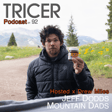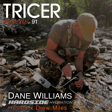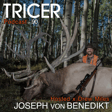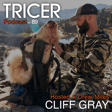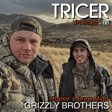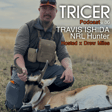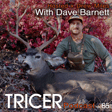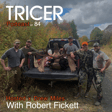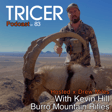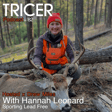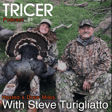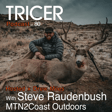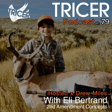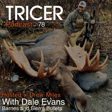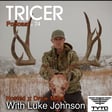
Have You Hunted With Pack Burros – Shane Weigand – New Mexico Pack Burros
This week on the Tricer Podcast, Drew has Shane Weigand from New Mexico Pack Burros. Shane hunts with his burros and uses them to pack out game from the mountains but that’s not all. Shane is also a pack burro racer, yep you read that right, a pack burro racer. There is a circuit of pack burro racers out there who racer with their burros through the wild west. Shane shares his stories of hunting and racing with his burros as well as some very interesting information about how to obtain a burro and how to prepare a burro for the mountains, or the trails for racing.
SHANE WEIGAND – NEW MEXICO PACK BURROS
Instagram - https://www.instagram.com/nmpackburros/
Website - https://www.nmpackburros.com
TRICER USA
Website – https://tricerusa.com/
Instagram - https://www.instagram.com/tricerusa/
Facebook - https://www.facebook.com/tricerusa/
YouTube - https://www.youtube.com/@tricer6985


